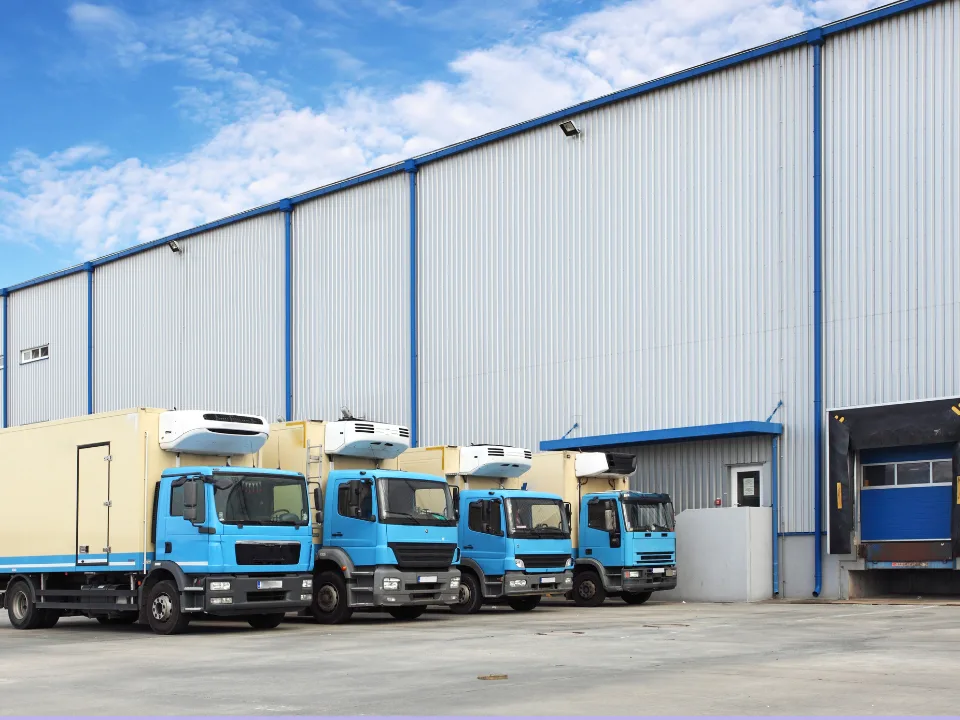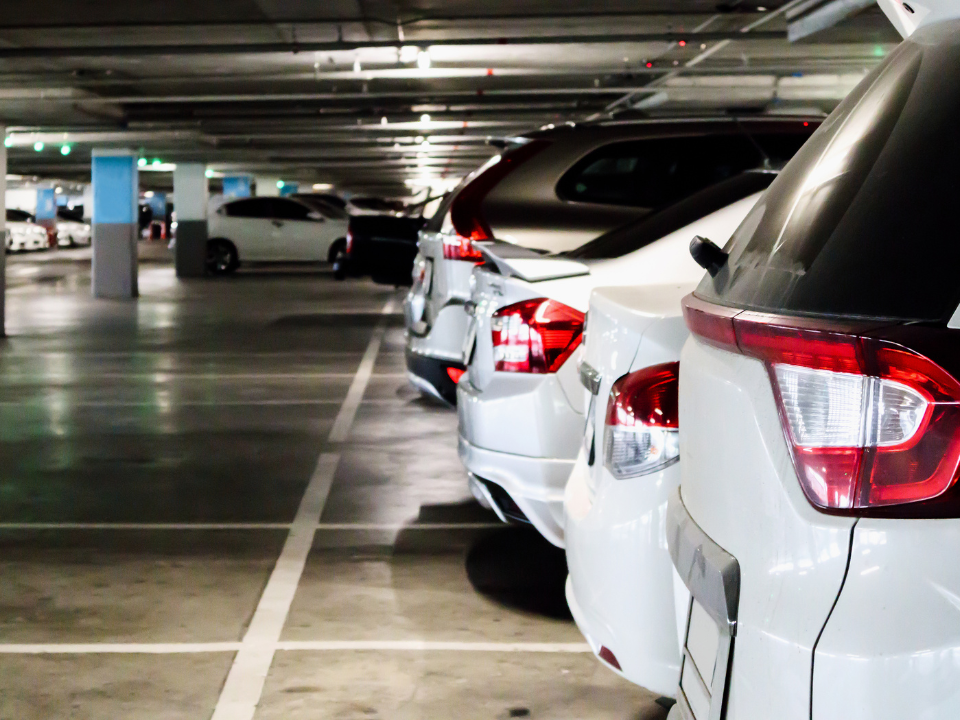- NYC’s Local Law 55 mandates EV charging infrastructure in garages and lots by 2035, with similar laws emerging nationwide.
- Installing EV chargers isn’t cheap, as the required electrical system upgrades and ongoing maintenance can cost six figures.
- Companies like Orange Charger offer solutions that balance affordability with utility, and incentives from utilities like Con Edison can offset some installation costs.
According to The Real Deal, while homeowners with driveways can easily install EV outlets, landlords of multifamily buildings and commercial properties don’t have it easy.
But that’s not the Big Apple’s problem, where landlords will have to install EV chargers in their buildings by 2035.
Behind The Scenes
Upgrading electrical systems, acquiring permits, and installing and maintaining chargers can each contribute to a significant financial burden. The cost of each charger installation—including networking equipment to track and bill for usage—may exceed $7K.
“Chargers break easily,” said Nicholas Johnson of Orange Charger. “Often, the cable is stolen or damaged.” Johnson’s company, along with others, provides solutions for property owners facing tenant demand for EV chargers.
New Regulations
New York’s Local Law 55, effective by 2035, requires that:
- Existing garages with ten or more spaces have 20% of spaces equipped with chargers and 40% charger-ready.
- New or renovated garages must have chargers in 20% of spaces and 60% of charger-ready spaces.
Although deadlines are distant, many landlords are preparing to comply with the law’s requirements to avoid tenant loss. To assist with compliance, NYC will enact Intro 436, which updates the city’s electrical code for EV charger readiness.
Incentive Programs
Some landlords are offsetting costs by utilizing utility incentives. In NYC, Con Edison’s PowerReady program covers up to half the infrastructure costs for Level 2 chargers and up to 90% if chargers are publicly accessible.
This incentive program has already supported over 9K chargers citywide and provides funding for more installations.
Get Smarter about what matters in CRE
Stay ahead of trends in commercial real estate with CRE Daily – the free newsletter delivering everything you need to start your day in just 5-minutes
Practical Solutions
In many instances, fast chargers are unnecessary for daily use. Johnson of Orange Charger recommends economical, lower-power chargers, which offer a “fast enough” charge without requiring high-capacity power upgrades.
These chargers can provide about 115 miles of charge overnight, more than adequate for the average daily driving distance.
Looking Ahead
As EV adoption grows, landlords who fail to meet tenants’ charging needs risk property devaluation and tenant loss. EV chargers represent a long-term investment, potentially offering a revenue stream or, at minimum, a tenant retention tool.
With costs high and regulations expanding, incentives from utilities and efficient charging solutions are essential for landlords.

















